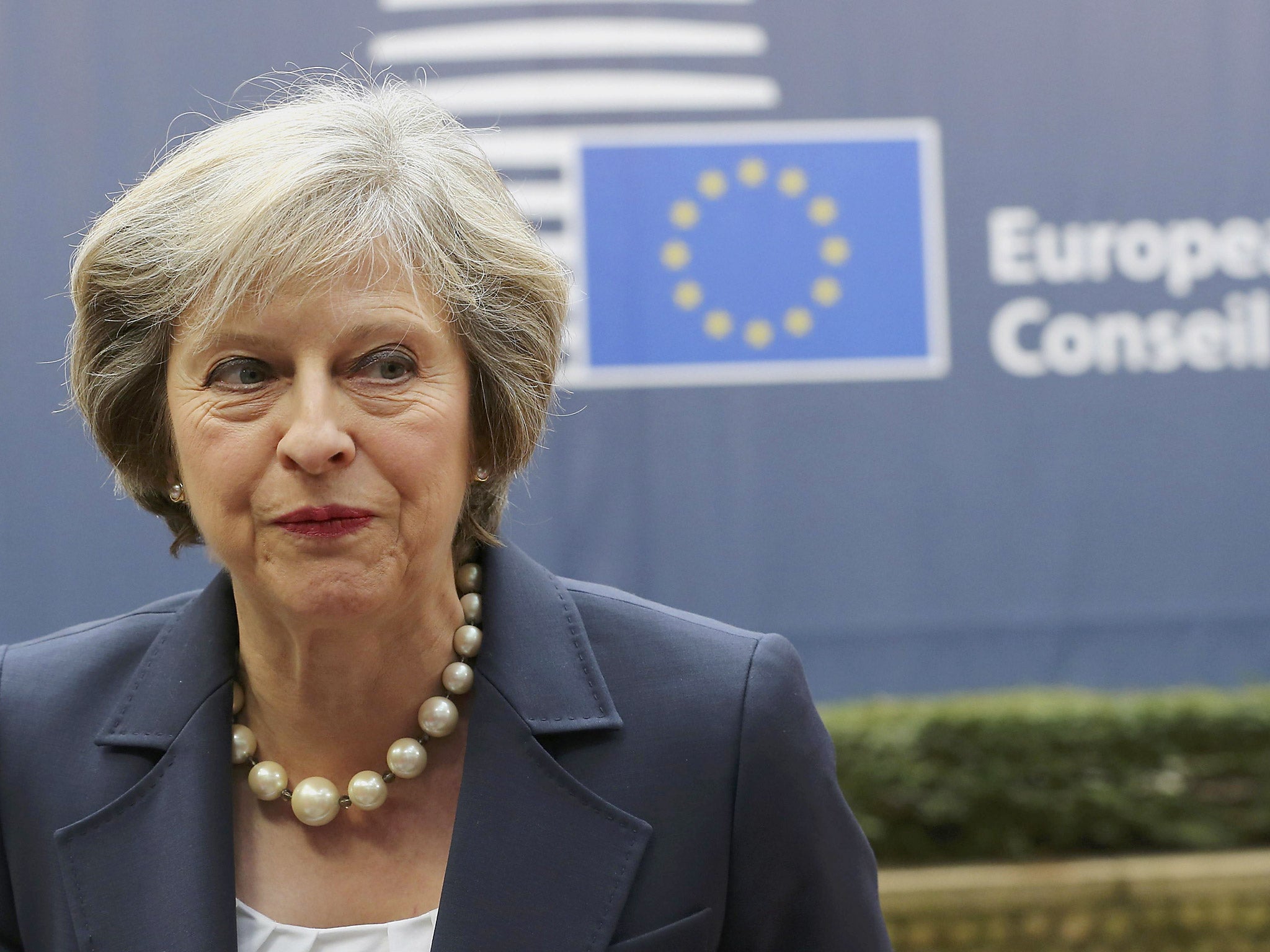Theresa May’s efforts to involve the leaders of Scotland, Wales and Northern Ireland in her Brexit plan have fallen flat after Scotland’s First Minister, Nicola Sturgeon, branded them "deeply frustrating".
The Prime Minister had offered to engage leaders of devolved bodies in regular discussions to quell concern about her handling of Brexit.
But leaving Downing Street, Ms Sturgeon signalled her unhappiness. She said: “We had a frank exchange of views. I don't mind admitting large parts of the meeting were deeply frustrating.”
No 10 tried to play down any fallout, claiming the talks had been “constructive”, but divisions had already been marked out before the talks began.
Ms Sturgeon had set out demands she wanted to secure for Scotland in talks, including some access to the single market, but Ms May’s spokesperson had already said none of the leaders would be allowed to “undermine” the UK’s overall position.
After two hours of talks, Ms Sturgeon told reporters outside No 10: “I don't know any more now about the UK Government’s approach to the EU negotiations than I did before I went in to the meeting.
“I can't speak for the other devolved administrations but I think there was a degree of frustration shared by all of us about that.”
Ms May is proposing a new sub-committee of the existing Joint Ministerial Committee, between her and the devolved leaders, to give them a “direct line” to Brexit Secretary David Davis during the negotiating period.
But Ms Sturgeon said there was “a long way to go” and warned that for Scotland the consequences of a hard Brexit, in which the UK quit the single market to gain full control of immigration policy, were “severe”.
She will bring forward “specific proposals” for a so-called flexible Brexit that would keep Scotland in the single market even if the rest of the UK drops out of the trading agreement.
Labour's Carwyn Jones said there had been no details about what happens next in the divorce talks, and warned “time is not on our side”.
The Welsh First Minister said access to the single market was “the most important issue”, but dismissed suggestions by Nicola Sturgeon that Scotland could remain part of it even if the rest of the UK did not.
He added: “The scale of the challenge is truly gigantic. Nobody has any details yet as to what happens next.
“We are waiting for the UK government to tell us what its general principles will be in advance of the negotiations in March.”
Martin McGuinness, Northern Ireland Deputy First Minister, said there was a “joint responsibility” to manage the Brexit process.
He told reporters: “As this process moves along, we need to be at the heart of it.”
The JMC was also attended by David Mundell, James Brokenshire and Alun Cairns – the secretaries of state for Scotland, Northern Ireland and Wales.
Following the meeting, Prime Minister Theresa May said: “The great union between us has been the cornerstone of our prosperity in the past – and it is absolutely vital to our success in the future.
“The country is facing a negotiation of tremendous importance and it is imperative that the devolved administrations play their part in making it work.”
Downing Street earlier said leaders of the devolved administrations must not “undermine” the negotiations.
Asked about calls for different parts of the UK to be able to opt in or out of the single market, the Prime Minister's official spokesperson said a united UK negotiating position is “vital to protect the UK's interest as a whole”.
The spokesperson said: “We need to make sure we are not putting up barriers to trade within the UK.”
She added: “We have been very clear that we should be working together to secure the best possible deal for the whole country. We expect representatives of the devolved administrations to act in that way and to in no way undermine the UK’s position.”

Join our commenting forum
Join thought-provoking conversations, follow other Independent readers and see their replies
Comments